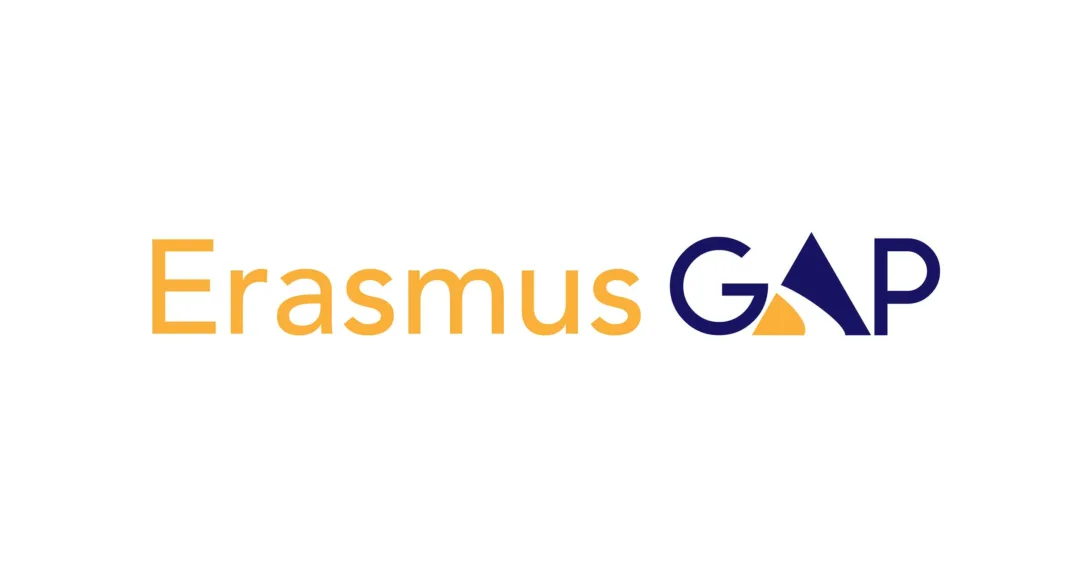The Erasmus Gap project aims to draw attention to the existing gap among students with realistic opportunities for mobility and those without. It will provide a wide set of data and recommendations to enable institutions and policy-makers to adopt a more inclusive approach to reduce the gap.Started: 2023
Funding: Erasmus+ Key Action 2
Project budget: 400.000,00 €
Length: 28 months
Partners: 6
Website: www.erasmusgap.uvsq.fr/
The project brings a European perspective to a topic that is mainly handled at the national or institutional level.
The project will provide large-scale data sets from several European countries to document the existing gap among students with realistic opportunities for mobility and those without. The visualisation of the data and related training will provide a method for HEIs to document the gap and develop strategies for reducing it. The policy recommendations based on robust data are aimed at decision-makers to help them implement a significantly more inclusive mobility programme.
- An Inclusivity Toolkit will be created to support the assessment of the mobile and non-mobile student population composition at an institutional level.
- The data repository – and its visualisation – will showcase the actual state of play at the European level.
- The peer activities and the national workshops will trigger the sharing of experiences and expertise that are highly relevant when implementing Erasmus+.
- Based on these activities, a set of policy recommendations will be produced, describing the changes needed to ensure the gap between the students who undertake an Erasmus mobility and the overall student population decreases.
The approach of the Erasmus Gap project will pave the way for more inclusive mobility activities, ensuring HEIs can better assess whether they are indeed reaching all students with fewer opportunities and all underrepresented groups in mobility.
The visualisation of the large-scale data sets to be collected from different European countries will help higher education institutions and national agencies to develop their own instruments to fully seize the importance of this gap and its negative impact on social inclusion.
Collected data and the recommendations based on them will also offer decision-makers a new factual base for informed choices.
Project consortium: Université de Versailles Saint-Quentin-en-Yvelines (coordinator), Eötvös Loránd University, Humboldt Universität zu Berlin, University of Porto, Ivan Franko National University of Lviv and EUF.

